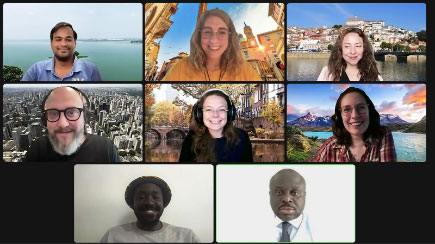We’re thrilled to unveil today the latest addition to the Open Knowledge Network: the Regional Hubs Prototype Programme! This programme aims to foster collaboration and expand our reach and impact within our diverse community spread across the globe, unlocking the full potential of our Network. The Regional Hubs will serve as a vital nexus for driving our mission of creating a fair, sustainable and open digital future, advancing open knowledge as a design principle everywhere.
Find out all about this programme below.
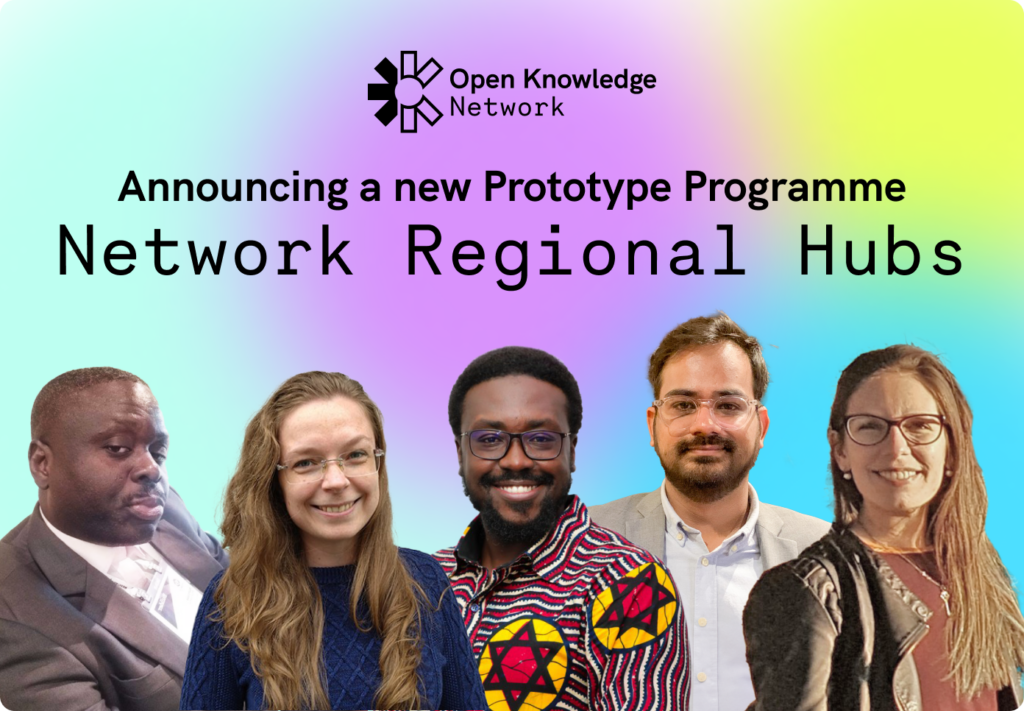
What is the Regional Hubs Prototype Programme?
Over the last 2 years, the Open Knowledge Network has been growing consistently, and a lot of it is happening in regions that we at OKFN know less well than others, and around new topics too. For some time we have felt the need to be closer to our members, so we started prototyping this programme.
At its core, the Network Regional Hubs are designed to cultivate a network of individuals committed to advancing open knowledge principles in their respective regions. With five hubs strategically located across different continents, this initiative seeks to better understand the local specificities, use languages other than English to advocate for open knowledge, and amplify our collective voice.
What are the main goals of this programme?
This is an 11-month prototype programme ending in March 2025. Throughout the year, the coordinators’ cohort will test ways to:
- Grow awareness of open knowledge in each region.
- Identify, seek out, and act on opportunities for collaboration with local entities: NGOs, activists, open advocates, and government.
- Be closer to local Network members.
- Decentralise the Network coordination.
- Find better ways to work together.
An additional tentative objective is to explore ways for transitioning this prototype programme into a sustainable, well-funded initiative.
Who are the coordinators?
Selecting the Hub Coordinators was a difficult task. Excellent candidates applied through the open call last January. After a long process, we are happy to present five dynamic individuals chosen for their expertise, commitment, and vision for open knowledge. These coordinators bring a wealth of experience from diverse backgrounds, ranging from data advocacy and community engagement to open science and policy.
Get to know our awesome coordinators:
🌍 Anglophone Africa Hub
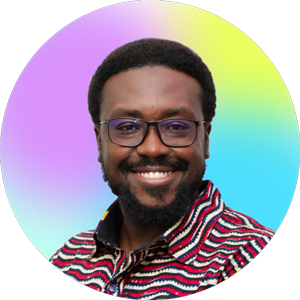
Inspiring educator, tech enthusiast, and environmental sustainability advocate. He is a co-founder of Wiki Green Initiatives, organisers of Wiki Green Conferences. He serves as Knowledge Manager of the Ghana Pidgin Wikimedia Community, preserving linguistic diversity. He actively advocates for indigenous languages as a co-organiser of the Ghanaian Languages Wikimedia Community. He manages Open Knowledge Ghana.
Maxwell holds executive roles in internet governance, including Chairperson of Climate Change and Emerging Technologies at the Internet Society Ghana Chapter. He serves as a steering committee member of the Ghana Youth Internet Governance Forum and a steering committee member of the Ghana Internet Governance Forum.
🌏 Asia Hub
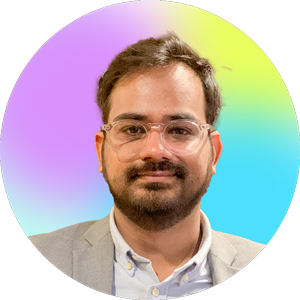
Policy practitioner with extensive experience researching and conducting legal and policy advocacy on societal impacts of technologies in the majority world. He is currently leading the Learning portfolio at the Global Network Initiative. He has previously worked with research institutes, civil society organisations, and think tanks. Setu is a public policy graduate of Central European University, and a law graduate of University of Mumbai.
🌍 Europe Hub

Data Steward (Delft University of Technology) and Open Science Community Member (The Turing Way, OLS, IsoArcH) based in the Netherlands. In these roles, Esther facilitates a more equitable way of knowledge generation, encouraging others to work more transparently. Her expertise includes a wide array of subjects including Open Science, Research Data Management, Open Data, FAIR principles, and Isotope Archaeology.
🌍 Francophone Africa Hub
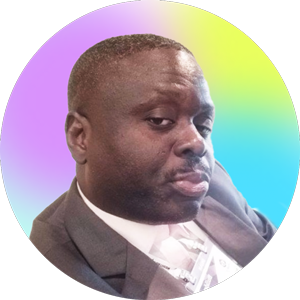
IT professional, highly active in the Open Data, Open Government, and Open Science sectors in the Democratic Republic of the Congo (DRC) and Sub-Saharan Africa. He has been involved in several projects promoting the Open Data, Open Government, Open Science movements, and digital security for many years, making positive contributions. He is the founder of the Open Data Initiative in the DRC, an initiative advocating for the openness and transparency of public data in the DRC. Narcisse is based in Kinshasa, DRC. He is fluent in English, French, Swedish, Lingala and Kikongo.
🌎 Latin America Hub
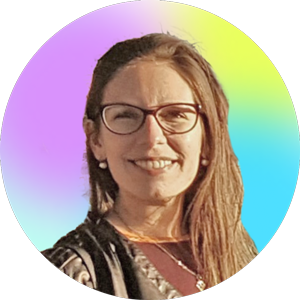
Zoologist and data scientist from Argentina. She has over 7 years of experience in academia researching the molecular mechanisms of learning and memory, and has recently moved to the private sector to work as a data scientist. Julieta is deeply interested in all the ways we can use technology to help create a more sustainable and inclusive future.
What are the immediate next steps?
The coordinators have just been incorporated, so it will take some time for them to familiarise themselves with all the tools and services offered by OKFN, and our language and broad advocacy strategy.
At first, they will be involved in mapping out their regions, and identifying the main stakeholders related to the open movement. The mappings will be shared openly over the coming months, and will also be open to collaboration.
In a second phase, the prototype programme will focus on an exploration of governance model(s) for the Network itself. The coordinators will work together with OKFN staff and Network members to research and find better ways to work together, strengthen the Network, and improve its sustainability. The outcome of this exercise will be openly published.
The coordinators will also be points of contact for developing opportunities to participate in events, alliances and other activities to advance the adoption of open knowledge. As a part of it, they will be actively participating in the production of the next Open Data Day in 2025.
In the coming weeks, we will be carrying out special deliveries of the 100+ Conversations to inspire our new direction series in which we will present each coordinator in more depth through an open dialogue with members of the Network in each region.
Ways of getting in touch
Anyone with an interest in the open movement can join the Open Knowledge Network. There is no prerequirement and we have a low barrier to entry. While we do have technical tools, they are not the main focus of the Network. What we are interested in is bringing together at the same table all different aspects of the open movement.
So if you’re keen to collaborate in your region, get in touch with them directly via their social media profiles or by emailing network@okfn.org. You can find out more about how the Network works and its current members here.
—
Finally, here’s a photo taken past week during the welcome meeting. Most of us put an image of the city/region where we’re based, or with which we identify, in the background.
It’s very gratifying to see our Network grow! Join us in welcoming the wonderful Regional Hubs Coordinators, and stay tuned for updates and opportunities to engage with them.
